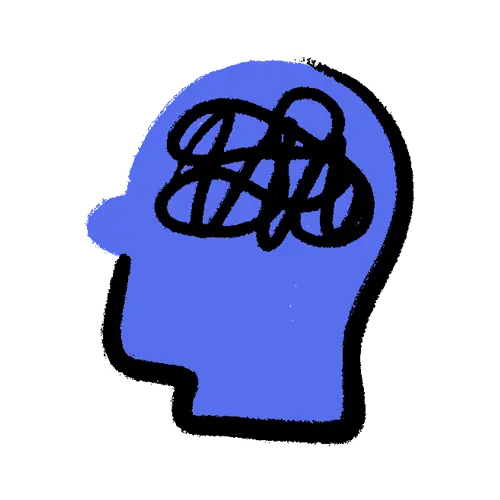A brief guide to understanding Thinking and Concentration: one of Motional's Executive Functioning Subdomains. What is Thinking and Concentration and why is it important?

Thinking and Concentration is one of the subdomains in Motional, within the Domain of Executive Functioning.
Thinking and Concentration are cognitive processes that involve various Executive Functions such as working memory, attention control, inhibitory control and problem-solving, as well as aspects of Theory of Mind:
Working memory is the ability to hold information in mind while manipulating or using it to complete a task.
Attention control is the ability to focus on a specific task or stimulus while filtering out irrelevant information or distractions.
Inhibitory control allows children to inhibit irrelevant information or responses, allowing them to focus on the most important information or task.
Problem-solving involves the skill of cognitive flexibility to use information from memory and the environment to identify and apply strategies to solve a problem or complete a task.
Theory of Mind includes the ability to understand and interpret the mental states of others, such as their beliefs, desires, and emotions. This is important for academic settings and social interactions, as it allows children to predict and understand the behaviour, perspective and intentions of teachers and classmates and adjust and respond appropriately.
Emotions play a significant role in thinking and concentration, either facilitating or interfering with these processes.
Healthy emotion enhances attention, working memory, and problem-solving. In contrast, emotions such as RAGE, FEAR and PANIC/GRIEF can interfere with these processes by impairing attention and memory and increasing distractibility.